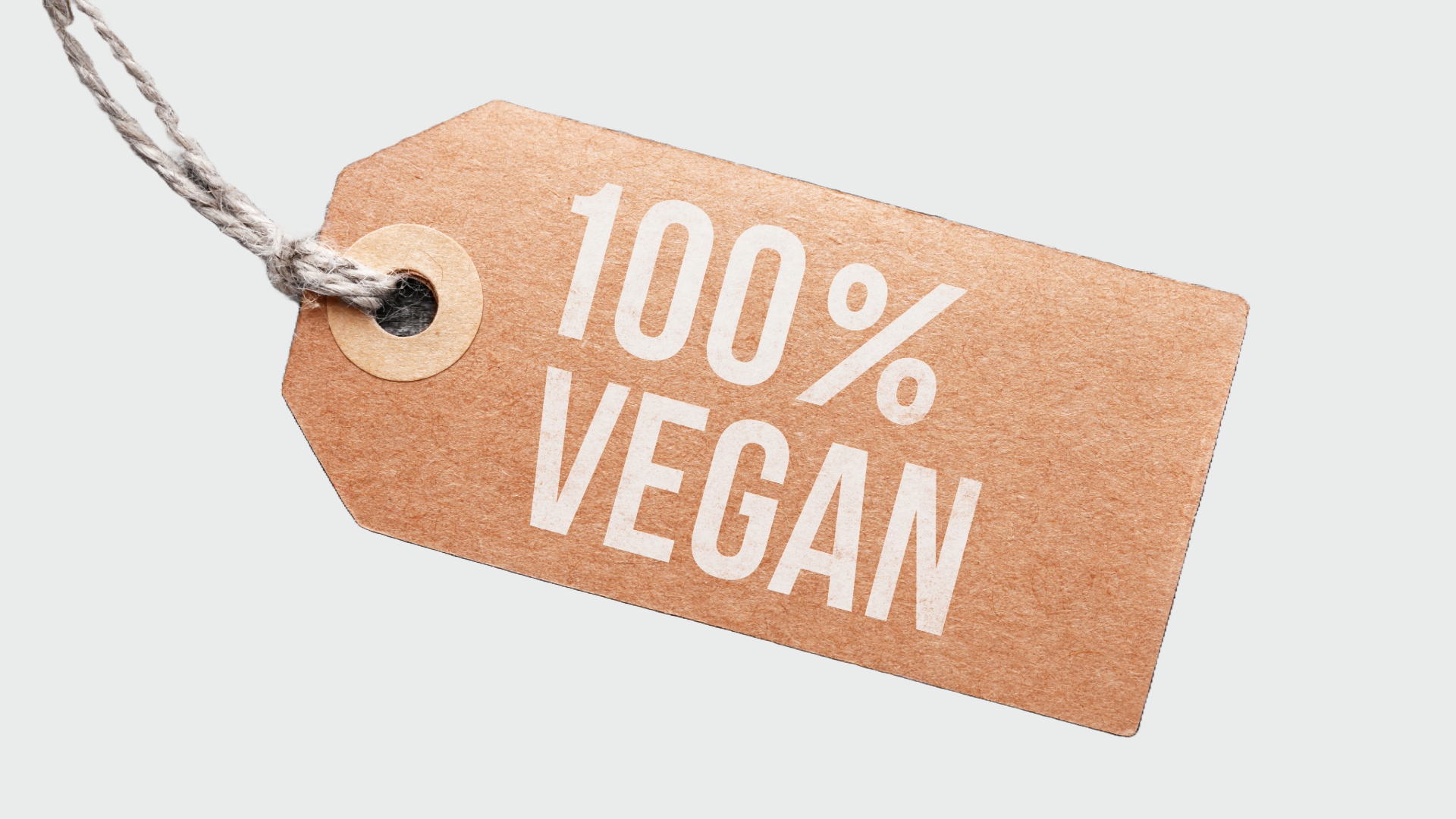Unlocking the Value of Combination Therapies



Kenneth Arrow arguably the greatest economist of our time and the intellectual father of health economics passed away this week. He left a legacy of unrivalled contributions to economics and health economics. Tony Culyer explores the work of the great…
Kenneth Arrow arguably the greatest economist of our time and the intellectual father of health economics passed away this week. He left a legacy of unrivalled contributions to economics and health economics. Tony Culyer explores the work of the great man and challenges us to revisit his seminal 1963 paper.
In this obituary Tony Culyer, the Humble Economist, writes: “The definitive appreciation of Ken Arrow’s bequest to humankind will not be written by a health economist. Most of us (I’m one), being merely moderately competent second-raters in a sub-discipline, stand in awe of him. But being awestruck is not a good emotional platform for assaying worth. Or perhaps, au contraire, to strike awe is a measure of the highest worth a person can have. In any event, the perspective of a health economist is impossibly narrow for the definitive appreciation of the genius we all know as Ken Arrow, the greatest economist of our time and the intellectual father of health economics.”
Tony goes on to describe why we as health economists should be grateful to Kenneth Arrow. He is an economist’s economist, a great paradigm shifter who taught us not only what to think but how to think it. He created some wonderful intellectual constructs we call models and taught us to avoid thinking that a model and reality are one and the same. He also created so many of the building blocks of our sub-discipline; much of what we have done in the past and we continue to do today and will do in the future are Arrovian in origin.
In 2005 Kenneth Arrow the Nobel Laureate gave the annual OHE lecture. The lecture provides a example of how a masterly theoretician comes to deal with all the real world violations of the theory (both his and that of others): violations that force one to invent new solutions. During the lecturer he considered one class of assumption violation (externalities) to understand the global health problem of malaria. “These externality arguments suggest a case for public subsidy. In the case of malaria, the argument for public financing would justify making transfers only to governments. There is also, however, an international externality… [The] spread of resistance to neighbouring countries and then on to more distant ones by travellers and migrant workers is inevitable. The universal adoption of combination therapy is therefore in the interests of the global community. The value of this international public good is extremely difficult to quantify, but it must include the value of averting all the cases of malaria that would result (including the treatment and productivity costs that are averted). So there is an argument for proceeding on a collective and international basis rather than locally, because no locality has a sufficient incentive to tackle the problem.”
He goes on to elaborate the nature of the required subsidy. This is to apply theory: abstract theory and concrete actions based on it. This is a classic example of his gift of the framework and the vocabulary we need to understand and create feasible solutions in a world we actually inhabit.
Those who knew him well tell of a kind and generous man, politically in the liberal left, marvellous with young people, a phenomenal memory, a renaissance polymath, a quicksilver mind, an astonishing technical master. He should have got two Nobel prizes rather than just the one.
How much the richer we are for having had Ken Arrow amongst us for 95 years. Now how much the poorer.
An error has occurred, please try again later.
This website uses cookies so that we can provide you with the best user experience possible. Cookie information is stored in your browser and performs functions such as recognising you when you return to our website and helping our team to understand which sections of the website you find most interesting and useful.
Strictly Necessary Cookie should be enabled at all times so that we can save your preferences for cookie settings.
If you disable this cookie, we will not be able to save your preferences. This means that every time you visit this website you will need to enable or disable cookies again.
This website uses Google Analytics to collect anonymous information such as the number of visitors to the site, and the most popular pages.
Keeping this cookie enabled helps us to improve our website.
Please enable Strictly Necessary Cookies first so that we can save your preferences!



